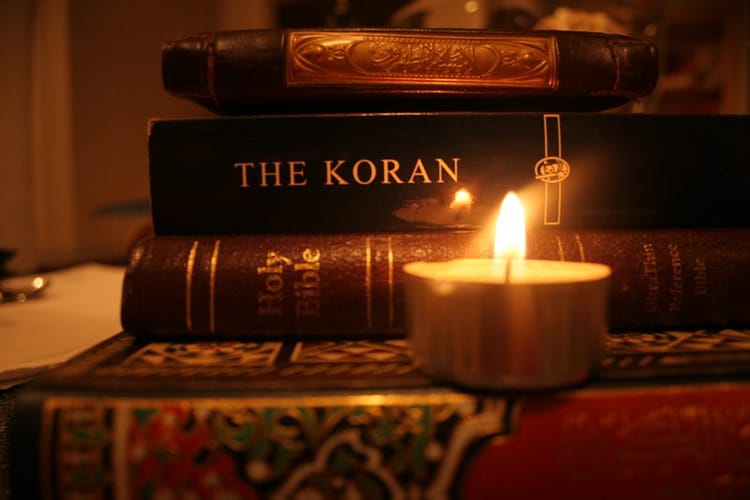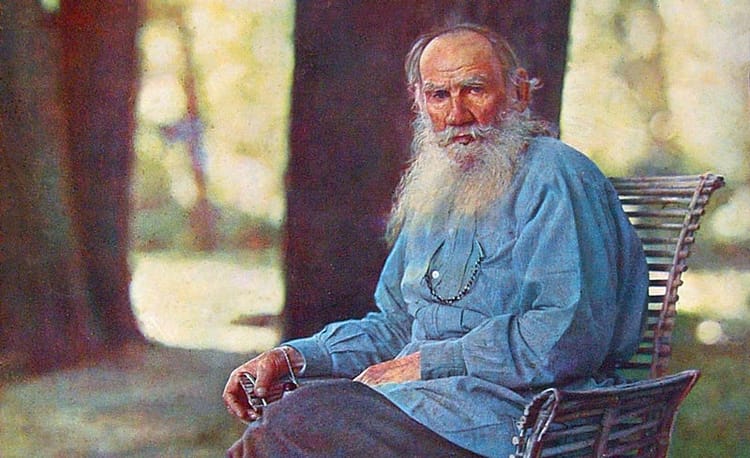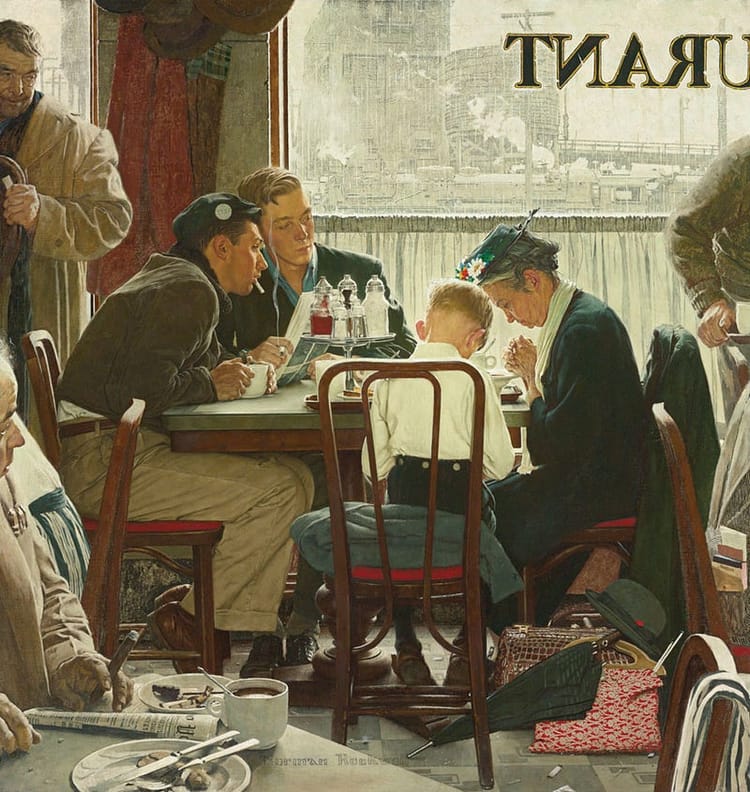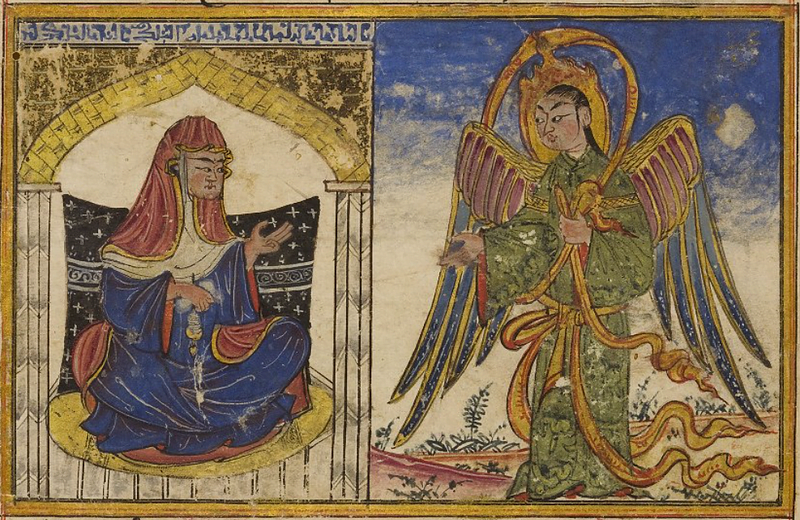Charles de Foucauld and Islam
One of the stepping stones in my own conversion to Islam was the person of Charles de Foucauld — a great 20th century saint and modern Desert Father who was just canonized by Rome on May 15, 2022. Charles was originally a French military man and playboy who left the pleasures of the world and of the flesh to seek God in the stark desert of the Algerian Sahara. Here, Charles lived alongside his Tuareg Muslim brothers, taking the religious name ‘“Brother Charles of Jesus”. It was Charles original intention to form a brotherhood in the desert dedicated to living a life dedicated to prayer and adoration of the Lord. No men were to join him in his endeavor, however. Instead of a brotherhood of hermit monks, Charles lived his life as a ‘loving witness’ and true brother to his Muslim neighbors.
Despite never converting himself, Islam was a source of inspiration and fascination for Charles. He would often read the Quran, and both what he read and saw in Islam would leave a mark in his own spiritual life. “Islam has produced in me a profound upheaval,” he would write to a friend. “Observing this faith and these souls living with God as a continual presence has allowed me to glimpse something greater and more true than worldly occupations.”¹
Islam was a ‘temptation’ to Charles. He wrote: “Islam appealed to me too strongly. I was very attracted to its simplicity of dogma, hierarchy, and morality.”² The Islamic concept of tawhid, or the Absolute Oneness and Divine Unity of God, Charles also found very attractive. However, Charles would remain a Christian until his last days, when he was tragically murdered by a 15-year old bandit.
Though St. Charles de Foucauld did not succeed in his mission to form a society of brothers in the Algerian desert, his life was anything but a failure. As a hermit living for Christ in the Saharan wilds, Charles won the love and respect of the local Muslim Tuaregs who considered him as a brother. Charles in many ways set the tone for Catholic-Muslim relations for the century to come, especially in the influence of his close friend Louis Massignon — arguably the greatest Western scholar of Islam in modern times. It was Massignon who would directly influence the Second Vatican Council’s teachings on Islam in the 1960s, moving from a strict extra Ecclesiam nulla salus [“no salvation outside of the Church”] regarding the Muslim faith, and instead adopting a reconciliatory tone in acknowledging what Christianity and Islam share in common. [I shall write more on Massignon himself at a later date.]
As a testament to the faith of a man who dedicated his life to God and to his brothers in the Lord, Charles de Foucauld left us with a prayer that he had penned expressing his radical abandonment to the Will of God and his love for his Father. It is a prayer, we must remark, which would fit comfortably in the hearts and on the lips of the Muslim faithful as well:
Father,
I abandon myself into your hands;
do with me what you will.
Whatever you may do, I thank you:
I am ready for all, I accept all.
Let only your will be done in me,
and in all your creatures -
I wish no more than this, O Lord.
Into your hands I commend my soul:
I offer it to you with all the love of my heart,
for I love you, Lord, and so need to give myself,
to surrender myself into your hands without reserve,
and with boundless confidence,
for you are my Father.
May the witness of Charles de Foucauld continue to inspire Muslim/Christian relations for generations to come.
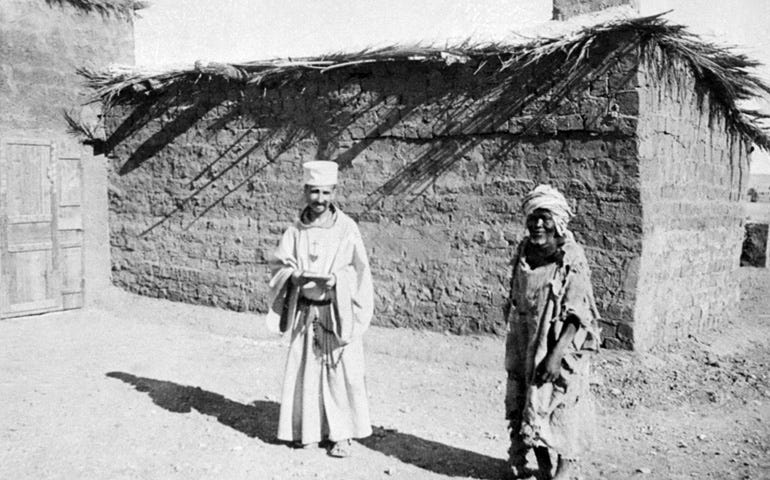
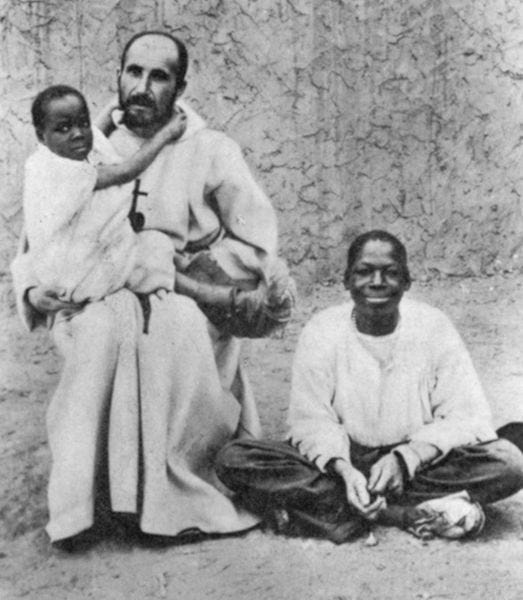
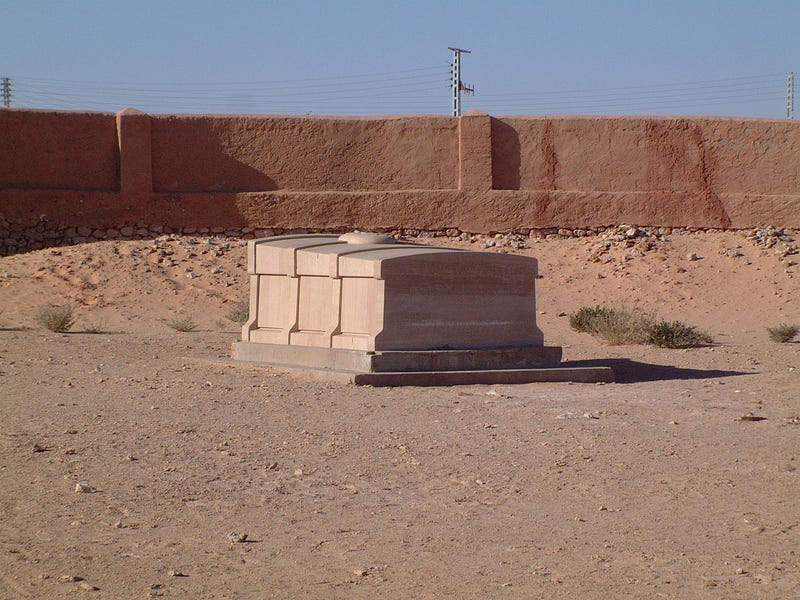
[1] Antier, Jean-Jacques, Charles de Foucauld, trans. Julia Shirek Smith (Ignatius Press, San Francisco, 1999), 93.
[2] Ibid.

